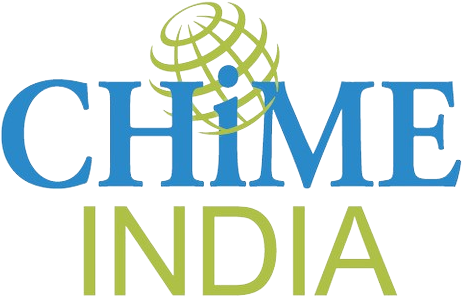Written by : Jayati Dubey
November 9, 2023

Graphene, with its exceptional strength and excellent electrical and thermal conductivity, has an oxidised form called Graphene Oxide (GO). GO features a large surface area and low cytotoxicity, making it ideal for diverse medical applications.
Researchers at the Indian Institute of Technology (IIT) Guwahati have developed modified graphene oxide, paving the way for cost-effective experiments that can be utilised by academic institutions. These experiments are designed to train personnel for cutting-edge projects in diverse fields such as semiconductors, nanoelectronics, healthcare, and quantum technologies.
A team led by Rajiv K Kar, an assistant professor at the Jyoti and Bhupat Mehta School of Health Sciences and Technology in IIT-Guwahati, has made vital discoveries regarding the application of modified graphene oxide in biomedical contexts.
Graphene, known for its exceptional strength and outstanding electrical and thermal conductivity, has an oxidised form called Graphene Oxide (GO). GO offers a large surface area and low cytotoxicity, making it suitable for various medical applications.
Additionally, GO can be further engineered through defects, doping, and functional modifications, enhancing its optical and electrical properties for improved biomedical sensing applications.
The researchers at IIT-Guwahati have been focusing on a specific functional modification of graphene involving the attachment of an amino acid, Cysteine, or a simple amine group to graphene.
This functionalisation process enhances the stability of the modified graphene oxide, reducing random movements. These findings hold significant potential for the development of biomarkers for disease detection.
Dr Rajiv K Kar, speaking about the research, said, "We studied how amino acid-modified Graphene Oxide behaves in liquid. We found that a particular bond in Cys-GO sheets enhances their stability, reducing random movements. This research has the potential to aid in the development of biomarkers for disease detection."
The team's in-depth knowledge of graphene-based materials has led to the creation of innovative laboratory experiments that provide students with hands-on experience and inspire them to explore the possibilities of advanced materials.
These experiments have been integrated into a Biomedical Science and Engineering (BMSE) course at the Jyoti and Bhupat Mehta School of Health Sciences and Technology.
Dr Kar expressed his views on this innovative course, saying, "These low-cost laboratory experiments are applicable not only to the field of Biomedical Science and Engineering but also to chemical, material science, nanotechnology, and interdisciplinary courses. We believe these techniques will help in developing hands-on skills and inspire budding researchers and future scientists to find innovative solutions in the field of Biomedical Science and Engineering."
The research findings have been published in renowned journals, including 'The Journal of Physical Chemistry C' and 'Journal of Chemical Education.' Dr Rajiv Kar authored the research paper along with his research scholars, Rajan Singh, Shweta Tiwari, and Jyotirekha Jena.
Notably, the research has received support from the Indian Council of Medical Research and the Indian Nanoelectronics Users Programme, which is funded by the Ministry of Electronics and Information Technology (MeitY), Government of India.
The research conducted at IIT-Guwahati has the potential to impact diverse industries and inspire the next generation of researchers and scientists to explore the endless possibilities of advanced materials.
In previous developments, IIT-Guwahati designed a 3D-printed apparatus for swift UTI (Urinary Tract Infection) diagnosis. This ingenious device comes at a manufacturing cost of approximately INR 608, with each sample test costing a mere INR 8.
In contrast, the traditional method, which relies on urine culture, usually demands about two days, causing treatment delays and potential complications for patients. The dedicated research team behind this innovation aims to notably cut down detection time, thereby elevating the quality of patient care.
The College of Healthcare Information Management Executives (CHIME) is an executive organization dedicated to serving senior digital health leaders. CHIME includes more than 5,000 members in 56 countries and two US territories and partners with over 150 healthcare IT businesses and professional services firms. CHIME enables its members and business partners to collaborate, exchange ideas, develop professionally and advocate the effective use of information management to improve the health and care throughout the communities they serve. CHIME's members are chief information officers (CIOs), chief medical information officers (CMIOs), chief nursing information officers (CNIOs), chief innovation officers (CIOs), chief digital officers (CDOs), and other senior healthcare leaders. The CHIME India Chapter became the first international chapter outside North America in 2016 and is now a community of over 70+ members in India. For more information, please visit www.chimecentral.org
